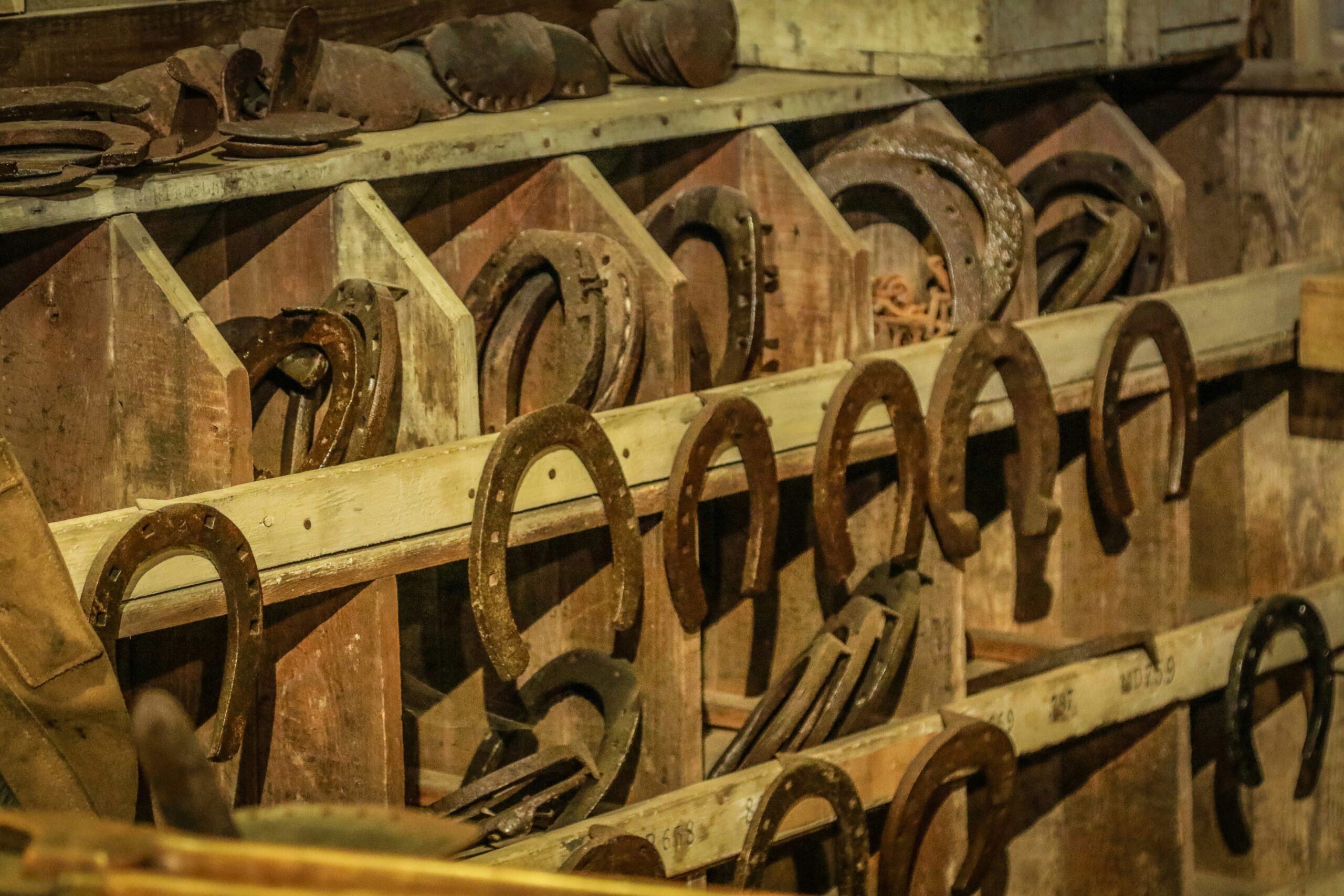Wealth transfers from one generation to the next don’t usually make the news, but everything about the baby boomers has always been newsworthy because of the sheer size of this mid-20th-century generation.
The unique circumstances they were born into included societal change and financial opportunities to build wealth through better jobs, pensions, a burgeoning stock market, and widespread property ownership. The result is an unprecedented amount of money changing hands. McKinsey and Co. put the amount at $30 trillion by 2030. McKinsey goes on to say that much of it could end up being controlled by women, due in part to longer life spans.
Women are increasingly becoming financial decision-makers, whether they are single or have a family. A recent survey by Allianz Life Insurance Company of North America found that 49% of women consider themselves the Chief Financial Officer of their households.
This isn’t just because they are inheriting money, either. The same survey found that 43% of women say they are the primary breadwinner.
How are women handling their financial might? Let’s check in on some key metrics.
Women Are More Responsible Spenders
Whether it’s spending on basic needs or recreation, women exercise more restraint than men do. Lending Tree analyzed federal data on single men and women and found that single men outspent women by an average of almost $2,500 a year.
Women Are Doing Better with Less
Women are still underpaid relative to men. A recent Forbes study found that in 2024, women earn 16% less than men on average. What does that add up to over a career? The same Forbes study found that a 20-year-old woman starting her career stands to be underpaid relative to a 20-year-old man by $407, 760 over a 40-year career. Is there any way women can even things up? Negotiating salary is an underutilized tactic, but it’s not one men are better at. In general, 60% of people take the first offer, according to a Pew Research Center survey. Of those who do negotiate, 32% are men and 28% are women. The job interview process can be stressful, but asking for a higher salary is something you should always do.
Women Are Good at Making Their Money Work for Them
A landmark Fidelity Investments study in 2021 that analyzed 5.2 million client accounts found that women outperform men by 40 basis points. The same 67% of women invest outside their retirement accounts. Women are more patient and consistent investors and generally deploy buy-and-hold strategies, rather than the frequent trading style of men, which hurts performance. This disciplined style also helps them stand pat when the market dips. Fidelity reported that 51% of women rode out a market downturn, compared to 43% of men.
One thing women could get more confident at is taking more investment risk. That doesn’t necessarily mean riskier investments, it means putting more money to work. Women tend to keep more in cash. One area where women stand out? Real estate investing. A Lending Tree analysis of census data found that single women own 13% of owner-occupied homes in the U.S., versus 10.2% owned and occupied by single men.
Women’s Financial Journey Is More Complicated
Census Bureau researchers found that the earning gap between men and women in opposite-sex couple relationships doubles after the birth of the first child. Women also are more likely to shoulder the burden of caring for aging parents. This is one reason why women end up with less saved for retirement than men. And since women live longer, this becomes a big problem. It’s important for women to start early, and to take advantage of all the opportunities they have to build wealth.
The Bottom Line
Women are building wealth and showing their prowess in managing their finances. Starting early, being consistent, and getting a team in place to help are the ways to keep your financial journey on track.






May Market Commentary – Does Volatility + Uncertainty Equal Recession?